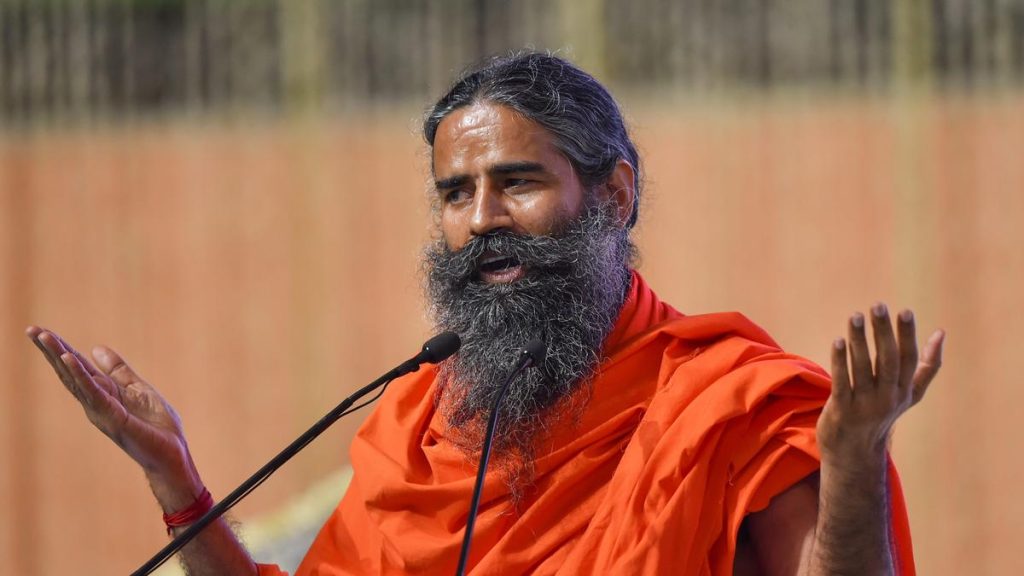Now Reading: GST Reforms 2.0 to Spur Growth and Job Creation: BJP’s N. Mahesh
-
01
GST Reforms 2.0 to Spur Growth and Job Creation: BJP’s N. Mahesh
GST Reforms 2.0 to Spur Growth and Job Creation: BJP’s N. Mahesh

### Rapid Summary
– Former Minister and BJP leader N. Mahesh stated that GST reforms 2.0 will boost India’s economic development and create more job opportunities for youth.
– The reforms aim to accelerate economic progress,helping India become the world’s top economy by 2047.- He highlighted that the BJP-led NDA goverment under PM Narendra Modi introduced these changes as an extension of the original GST system launched in 2017, based on its triumphant implementation.
– GST aligns with the “One Nation, One Tax” concept for streamlining taxation and easing burdens on common people.
– Mr. Mahesh criticized Congress for creating dependency in India while praising initiatives like Atma Nirbhar Bharat Abhiyan and a ₹20 lakh crore COVID relief package aimed at self-reliance.
– According to him, PM Modi’s vision has placed India as the fourth-largest economy globally, with projections to become third-largest by 2027 and eventually the largest economy by 2047.
Read more:
—
### Indian Opinion Analysis
The declaration regarding GST reforms 2.0 suggests meaningful optimism about their potential impact on India’s economy. The steady progression of policies such as “One Nation, One Tax” indicates a focus on simplifying financial mechanisms while fostering growth across sectors. Although projections about emerging as the world’s largest economy reflect ambition aligned with government visions like Viksit Bharat, practical challenges may arise from global economic conditions or domestic implementation hurdles.
While Mr. Mahesh offered comparisons between current leadership and previous governments-such critiques are typical during party statements-the tangible outcome of these reforms can only be assessed over time through measurable impacts such as employment generation or GDP shifts spearheaded by eased tax regulations.
Neutral observation reinforces that sustained momentum toward self-reliance via programs like Atma Nirbhar Bharat could complement ongoing structural adjustments like these reforms if uniformly implemented across states without partisan disparities or disparities within sectors prone challenges linked interpretations longstanding already neutral
























